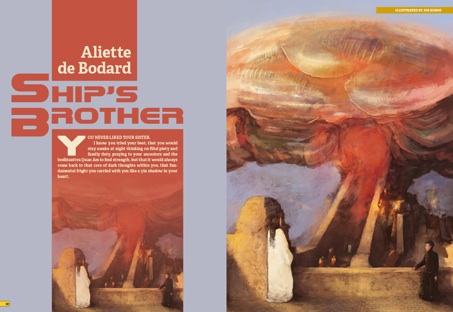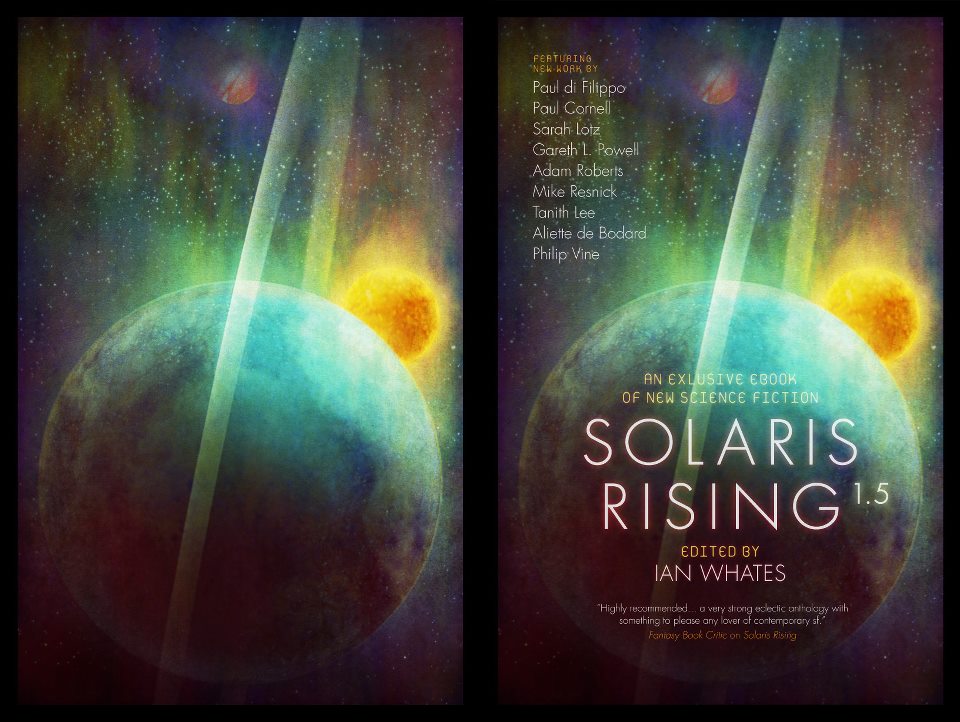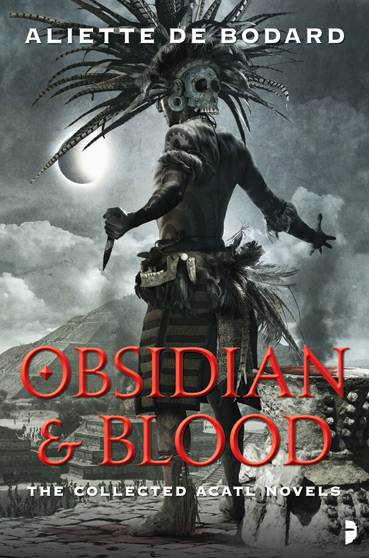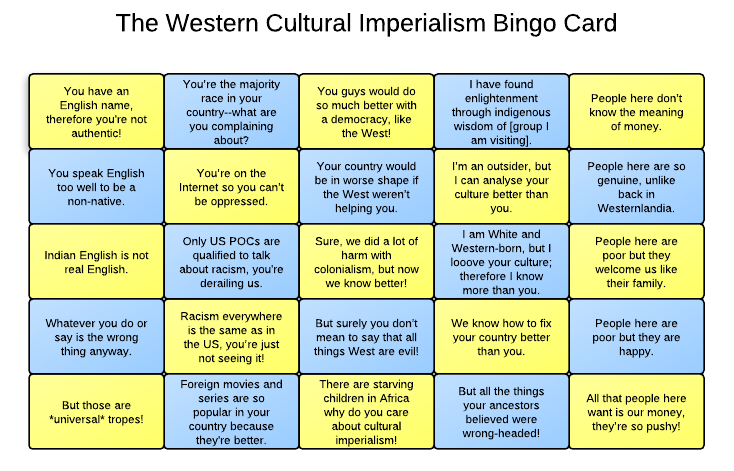Haven’t done this for a while, but here’s a rundown of the awesome stuff I’ve been reading lately:
-Rochita Loenen-Ruiz’s “Song of the Body Cartographer” is up at Philippine Genre Stories. Like all of Rochita’s stories, this combines lovely language with awesome characters–and a universe that just begs to be explored (the good news is that Rochita is writing longer stuff set in the same universe!). Fascinating handling of indigenous cultures vs. outsiders and the clashes that follow. Also, I get to be immortalised as a city of wise women–which doesn’t happen every day!
–“The House of Aunts” by Zen Cho. Malaysian vampires in high school, but nothing like Twilight! The vampires in question are the pontianak, women who died in children and feed on human flesh; and the youngest among them, Ah Lee, goes to school in human shape–and comes back in the evening, to eat her aunts’ cooking (of fried liver, innards, etc.–this is possibly the story that has the highest body count ever without showing a single murder…) All goes well, until Ah Lee meets a boy… I loved the relationship between her and Ridzual, and the way it was handled–sweet and heartbreaking without being cloying. And the big reveal at the end works so well. I was cheering by the end. That this got left off awards ballot is… a little saddening.
–The Perilous Life of Jade Yeo by Zen Cho: OK, I’ll freely admit that romance isn’t my stuff, but this is so sweet and so sharp at the same time that it’s well worth a read. In the London of the Roaring Twenties, writer Jade Yeo struggles to make a living–until her path intersects that of noted writer Sebastian Hardie, with unexpected consequences. I loved seeing a well worn historical period from a non-English point of view (and having the subtle indictment of colonialism as well). Zen has a very sharp eye for detail, which makes the pages of this just fly by (loved that Jade snarkily comments on the quality of Chinese vases in London townhouses, and just loved her relationship with Ravi). Zen is posting one chapter a day on her website, or you can buy the book from amazon or smashwords if you want to support her (well recommended!)
–Night, Again, by Linh Dinh: all right, I’ll confess. One of my pet peeves about fiction set in Vietnam is the freaking high number of said fiction that’s set during the Vietnam War (and 90% of the time from an American or White POV). It’s as if the entire country was nothing more than a theatre for shooting Viet Congs and explore PTSD (but not from the Vietnamese point of view, or at least not from a convincing Vietnamese point of view [1]); and also as if the country itself didn’t exist before the war, and wasn’t worthy of mention after the war, which is… freaking annoying I guess? Therefore, it was a relief to find a book that was a. written by Vietnamese, and b. overwhelmingly not about the war.
The stories run a gamut of tones, though most are dark (satire, or just plain horrible). Among my favourites were Nguyen Huy Thiep’s “Without a King”, a mordant portrait of an extended family’s daily life (the title is a reference to the saying “money is king”, and money and lust form a large part of the family’s concerns); Tran Ngoc Tuan’s “The River’s Curse”, which has a strong fantastical element, and a truly horrible ending not because of any gore, but rather because of its realistic portrayal of cowardice mingled with the (ineffective) desire to do well; Pham Thi Hoai’s savage “Nine Down Makes Ten”, a woman’s portrayal of her successive lovers and their failures, and the concluding story, “A Ferry Stop in the Country” by Nguyen Minh Chau, an elegiac portrayal of an invalid watching his son cross the river he’s lived by all his life. The only caveat is that the book is a bit old (the inside cover says 1963, though it’s been re-edited), and that a bunch of the stories feel a bit old. But still, I’d definitely recommend it as a read. Meanwhile, I’m off to read my Tran-Nhut Mandarin Tân mysteries (which sadly, haven’t been translated into English yet).
[1] Here’s a handy guide about how NOT to write about the Vietnamese/American war. Please please don’t make the only Vietnamese characters women who have relationships with American soldiers, who exist to be raped/impregnated/killed… (hello, Watchmen, I’m looking at you…). Also, please please look up the history of Vietnam BEFORE 1968?



